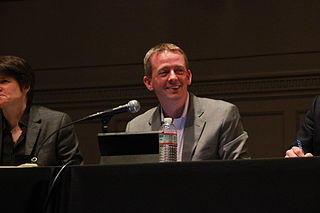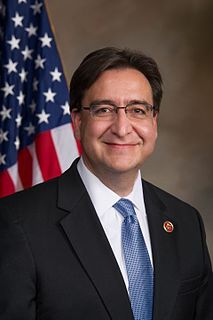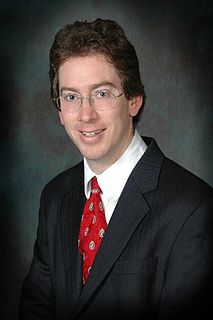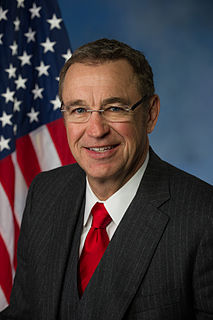A Quote by Lawrence M. Krauss
A significant fraction of evangelical voters appear more likely to ignore the candidates' specific economic and foreign policy platforms in favor of concerns about gay marriage or abortion.
Related Quotes
Gay marriage is a tricky issue for the Democrats due
to the fact that - like taxes, defense and education - they are forced to lie about their position when running for office. In other words, Democrats are gay marriage supporters trapped in the bodies of candidates who oppose gay marriage. And no issue-reassignment surgery can help them.
The issue of gay marriage has reached the Supreme Court and observers are analyzing every detail to predict how each justice will vote. Experts say Chief Justice John Roberts is likely to rule in favor of gay marriage based on the fact that he spent Tuesday's hearings watching the Tony Award nominations.





































